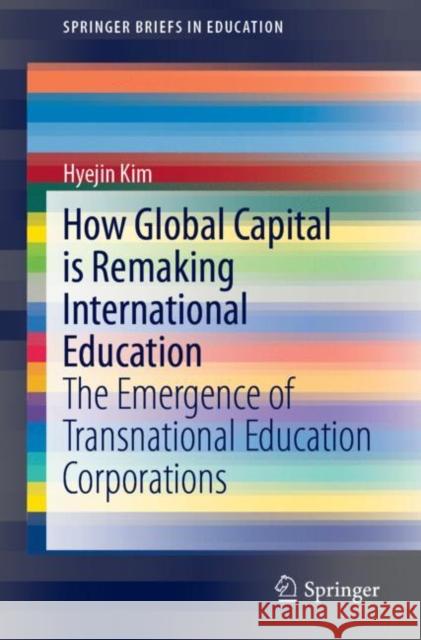How Global Capital Is Remaking International Education: The Emergence of Transnational Education Corporations » książka
topmenu
How Global Capital Is Remaking International Education: The Emergence of Transnational Education Corporations
ISBN-13: 9789813296718 / Angielski / Miękka / 2019 / 106 str.
How Global Capital Is Remaking International Education: The Emergence of Transnational Education Corporations
ISBN-13: 9789813296718 / Angielski / Miękka / 2019 / 106 str.
cena 201,24
(netto: 191,66 VAT: 5%)
Najniższa cena z 30 dni: 192,74
(netto: 191,66 VAT: 5%)
Najniższa cena z 30 dni: 192,74
Termin realizacji zamówienia:
ok. 22 dni roboczych
Dostawa w 2026 r.
ok. 22 dni roboczych
Dostawa w 2026 r.
Darmowa dostawa!
Kategorie:
Kategorie BISAC:
Wydawca:
Springer
Seria wydawnicza:
Język:
Angielski
ISBN-13:
9789813296718
Rok wydania:
2019
Dostępne języki:
Numer serii:
000418478
Ilość stron:
106
Waga:
0.18 kg
Wymiary:
23.39 x 15.6 x 0.66
Oprawa:
Miękka
Dodatkowe informacje:
Wydanie ilustrowane











